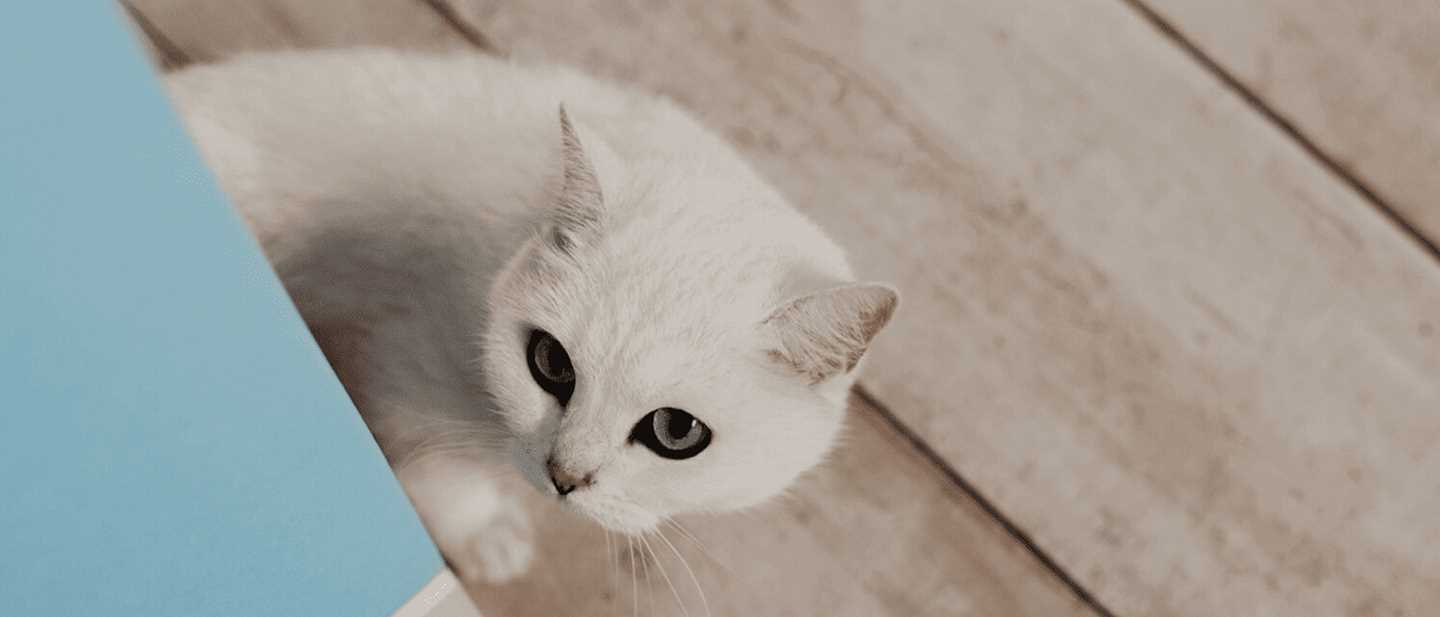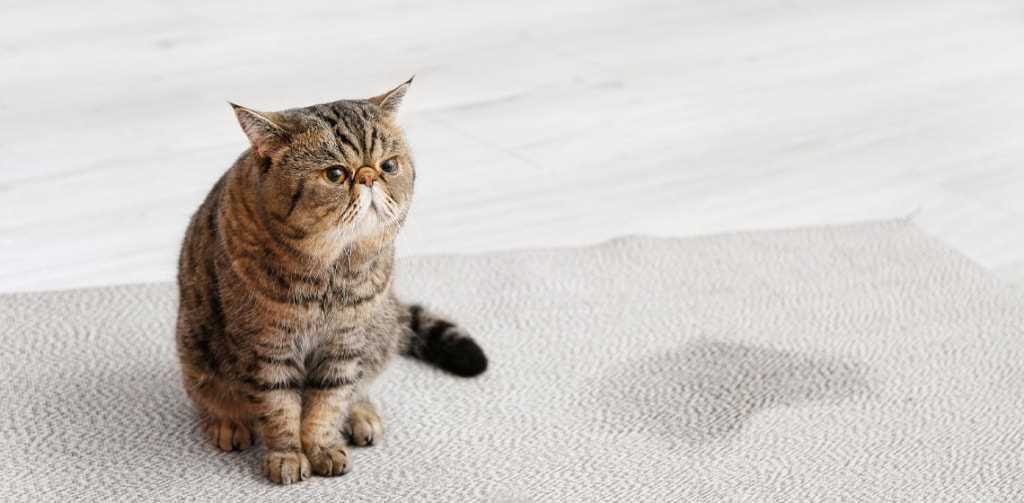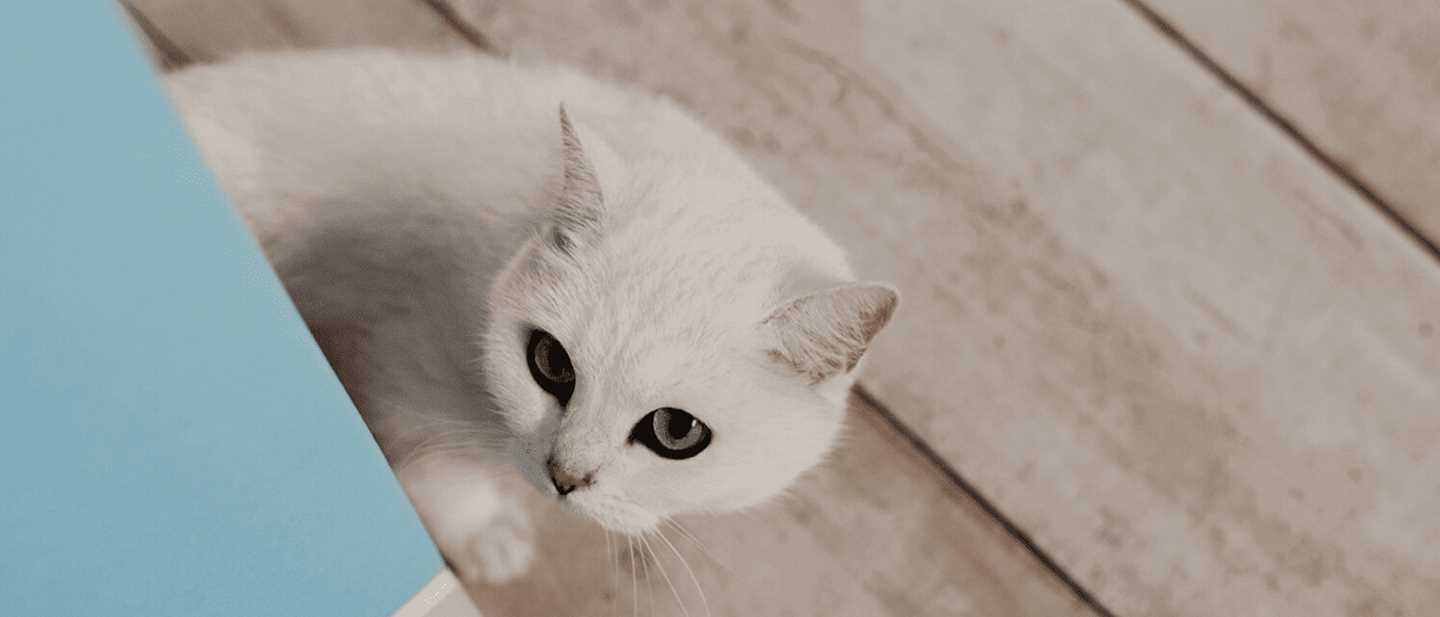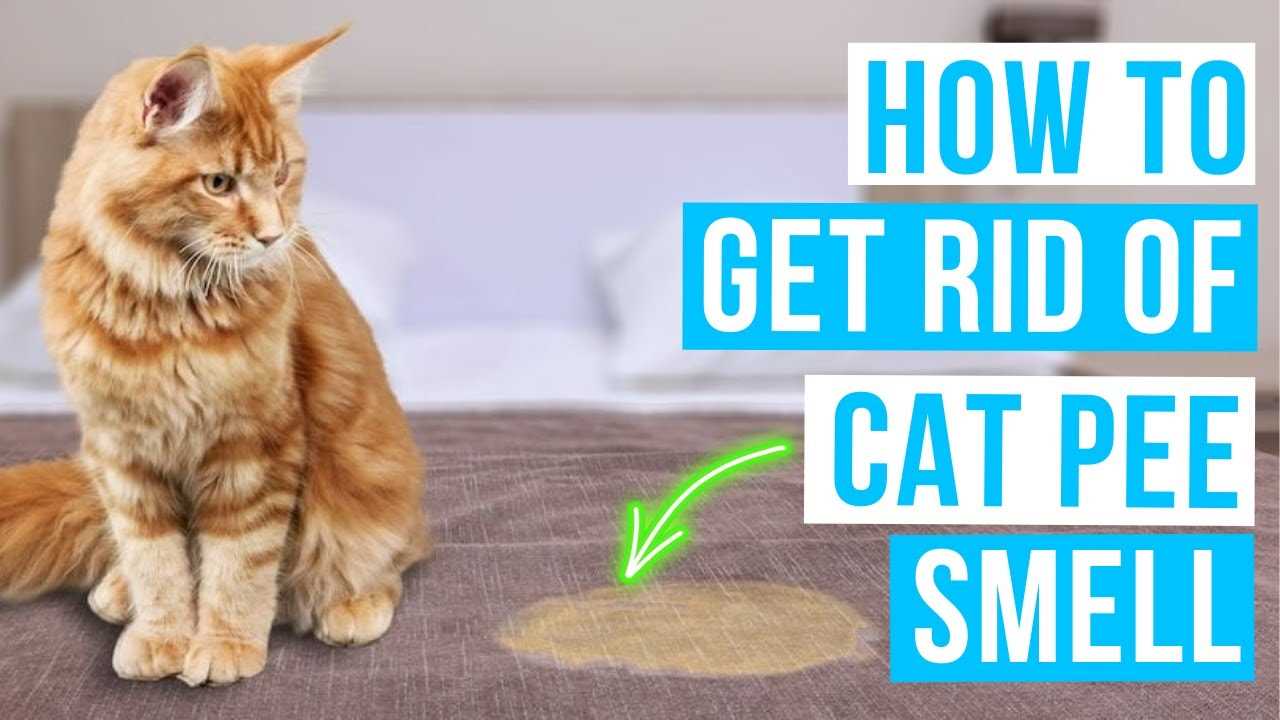



Regularly cleaning my litter box is non-negotiable. I recommend scooping it at least once a day to prevent any lingering scents from becoming overwhelming. A clean environment not only helps with odors but also keeps me happy and healthy.
When it comes to choosing the right substrate, opt for high-quality, clumping materials. These types tend to absorb moisture better and contain odors more effectively, making a noticeable difference in the freshness of my space.
If the issue persists, consider using a mixture of baking soda sprinkled in the litter. This natural deodorizer works wonders in neutralizing unpleasant scents without harsh chemicals that could irritate my sensitive nose.
Ventilation plays a key role as well. Ensure the litter box area is well-ventilated to help dissipate any unwanted odors. An open window or fan can make a significant impact on keeping the air fresh.
Finally, regular deep cleaning of the box itself is essential. Wash it with mild soap and warm water every few weeks to eliminate any build-up that may contribute to persistent odors. A clean box is a happy box!
Understanding the Source of Ammonia in Feline Excretions
To tackle the issue effectively, it’s crucial to identify the origins of that pungent odor in my potty area. The primary cause stems from the breakdown of urea, a compound found in my waste. This decomposition occurs when bacteria interact with my pee, leading to the production of ammonia, which has that distinctive scent.
Several factors contribute to the intensity of this aroma:
- Diet: The food I eat plays a significant role. High-protein diets can increase nitrogen levels, resulting in stronger odors.
- Hydration: Inadequate water intake can lead to concentrated waste, amplifying the scent.
- Health: Underlying medical conditions, such as urinary tract infections or kidney issues, can alter my waste composition, intensifying the odor.
- Cleaning: Poorly maintained litter boxes can exacerbate the problem as waste accumulates and bacteria thrive.
Addressing these aspects can significantly impact the overall situation. Monitoring my diet, ensuring I drink enough, and maintaining a clean environment are essential steps to keep things fresh and pleasant.
Choosing the Right Litter to Minimize Odors

Opt for clumping varieties. These types absorb moisture effectively, making it easier to manage waste. The clumps can be removed daily, which helps keep the box cleaner and fresher.
Consider natural options. Materials like pine, corn, or wheat offer good absorbency and often contain natural odor-neutralizing properties. They can be a healthier alternative for sensitive noses.
Look for litters with added odor control. Many brands include baking soda or activated charcoal, which can significantly enhance the litter’s ability to mask unwanted scents.
Types of Cat Litter
- Clay-Based: Highly absorbent and often clumping, but may produce dust.
- Biodegradable: Made from renewable resources, these are eco-friendly and often better at controlling odors.
- Crystal: Silica crystals absorb moisture and odors without clumping, lasting longer before needing to be replaced.
Maintenance Tips

- Clean the litter box regularly, ideally every day.
- Change the litter completely every two to three weeks.
- Wash the box with mild soap and water during litter changes to remove lingering scents.
Choosing the right litter can make a big difference in keeping my space fresh and pleasant. Finding what works best for both of us is the key!
Implementing a Regular Cleaning Schedule for Litter Boxes
Daily maintenance of my litter box is non-negotiable. I recommend scooping out waste at least once each day. This action significantly curbs odors and keeps my space fresh. Setting a specific time each day helps establish a routine, making it easier to remember.
In addition, a complete cleaning should happen weekly. This involves emptying the entire box, washing it with mild soap and warm water, and replacing the litter completely. This deep clean removes any lingering scents and bacteria that could contribute to unpleasant environments.
Consider using a calendar or reminder app to track cleaning days. Consistency is key; if you stick to the schedule, it becomes second nature. I find that my human appreciates the regularity, and it keeps my area tidy.
Investing in a high-quality litter box with a cover can also assist in maintaining cleanliness. Covered boxes help contain any lingering scents, while modern designs make cleaning easier. Regularly checking the box for any messes or clumps further aids in keeping odors at bay.
Encourage your household members to participate. This can turn a chore into a shared responsibility, making the task less burdensome. A clean litter environment contributes to overall happiness for everyone involved.
Using enzymatic cleaners for urine stains and odors
For those tricky spots, I recommend using enzymatic cleaners. These products break down the proteins and compounds in waste, effectively eliminating both stains and lingering scents. Look for solutions specifically designed for pet messes, as they contain the right enzymes to tackle this issue.
Apply the cleaner generously to the affected area. Let it sit for the recommended time on the label, usually around 10-15 minutes. This allows the enzymes to penetrate and neutralize the problem. Afterward, blot the area with a clean cloth to remove excess moisture.
It’s essential to avoid using regular household cleaners, as they may only mask the odor rather than eliminate it. Additionally, ensure the area is well-ventilated during and after cleaning to help disperse any remaining odors.
For ongoing maintenance, I suggest regularly treating areas where accidents have occurred to prevent any residual scents from attracting attention again. Also, share this info with your friends–whether they have pets or are considering an underground fence, they’ll appreciate knowing how deep do you bury underground dog fence!
Adjusting Your Feline’s Diet to Minimize Strong Odors

Switching to a high-quality, protein-rich diet can greatly influence the scent of your four-legged friend’s waste. Look for options with real meat as the first ingredient and fewer fillers like corn or soy. These fillers can contribute to unpleasant aromas.
Consider adding wet food to the daily menu. Increased moisture content helps dilute waste products, resulting in less intense odors. Aim for at least one meal of canned food each day.
Incorporate probiotics. These beneficial bacteria can support gut health, aiding digestion and leading to less pungent excretions. You can find probiotic supplements specifically designed for pets or choose foods that include them.
| Dietary Change | Benefit |
|---|---|
| High-Quality Protein | Reduces waste odor |
| Wet Food | Dilutes waste products |
| Probiotics | Improves gut health |
Monitor the ingredients in commercial food. Avoid those with artificial additives and preservatives, which may contribute to stronger odors. Choosing natural options can lead to a more pleasant experience for both of us.
Lastly, always consult with a veterinarian before making any significant changes to the diet. They can provide tailored advice based on individual needs, ensuring optimal health and comfort.
Creating a Well-Ventilated Space to Disperse Odors
Ensure proper airflow by placing litter boxes in open areas rather than enclosed spaces. This allows the odors to dissipate more effectively. Consider using fans or air purifiers designed for odor removal. Positioning these devices near the litter area can significantly enhance ventilation.
Regularly open windows to let fresh air circulate throughout the room. This simple act can make a world of difference in maintaining a pleasant environment. Additionally, using exhaust fans in bathrooms or laundry rooms where litter boxes may be located can help to ventilate any lingering scents.
Incorporate plants known for their air-purifying qualities, such as spider plants or peace lilies. These not only improve air quality but also contribute to a fresher atmosphere. Just be sure to place them out of reach of playful paws!
Lastly, consider the layout of your home. Keeping litter boxes away from high-traffic areas can help confine any residual odors. If your space allows, create a designated area for litter boxes that is both accessible for me and discreet enough to reduce noticeable fragrances.
For optimal health, explore options like freeze dried food for cats that can support my dietary needs while minimizing any impact on odor levels.
Exploring odor-neutralizing products specifically for pet owners

For anyone looking to tackle unpleasant scents associated with my territory, I highly recommend trying out natural odor-neutralizing sprays. These products often contain ingredients like baking soda and essential oils, which effectively mask and eliminate unwanted aromas without harsh chemicals.
Another option is using activated charcoal bags. These little pouches can be placed around the house to absorb odors over time. They work silently and are reusable, making them a smart choice for eco-conscious pet parents.
Consider investing in a high-quality air purifier equipped with a HEPA filter. These devices not only help in reducing airborne particles but also assist in neutralizing persistent odors, creating a fresher environment for everyone.
Odor-neutralizing litter additives can be a game changer. Look for products specifically designed to blend with your preferred litter, enhancing its ability to combat unwanted scents while keeping the litter box clean.
Lastly, enzyme-based odor eliminators are incredibly useful. They break down organic materials and effectively tackle the root cause of unpleasant odors, ensuring a fresher living space. Always check labels for safe ingredients that won’t harm curious paws or noses.









